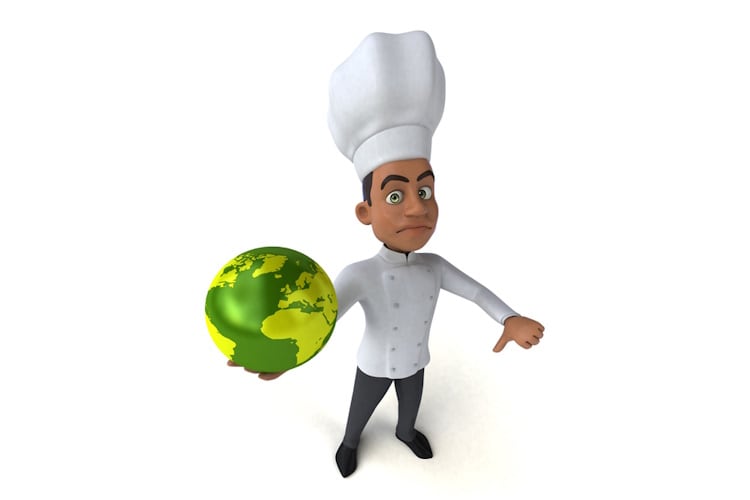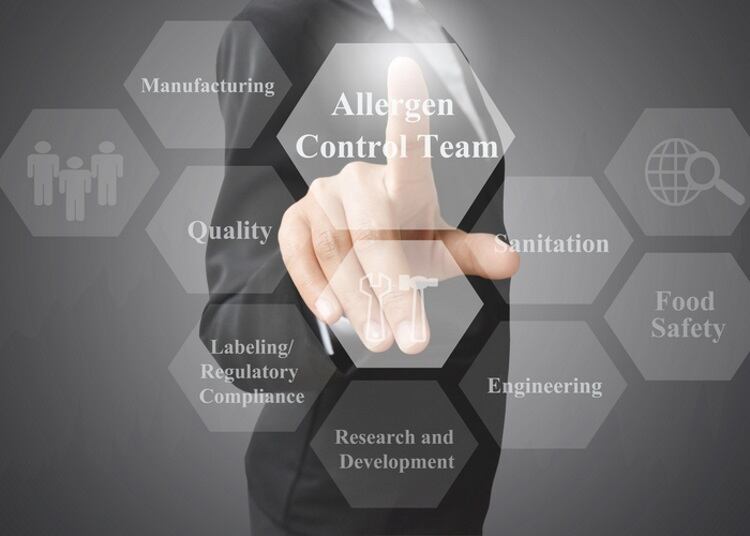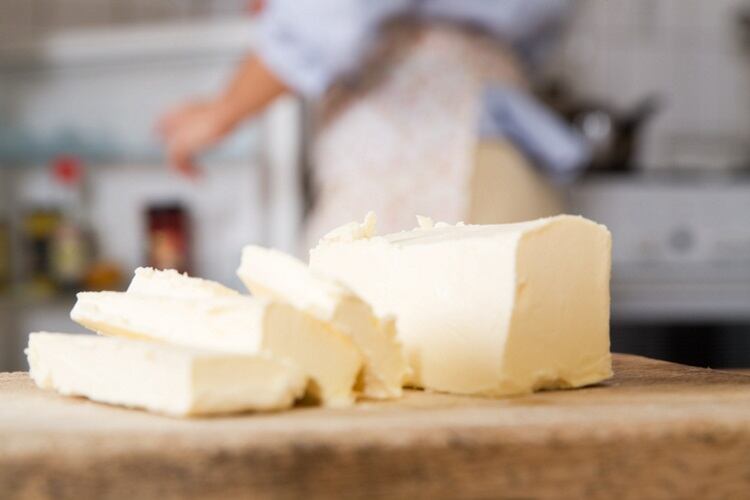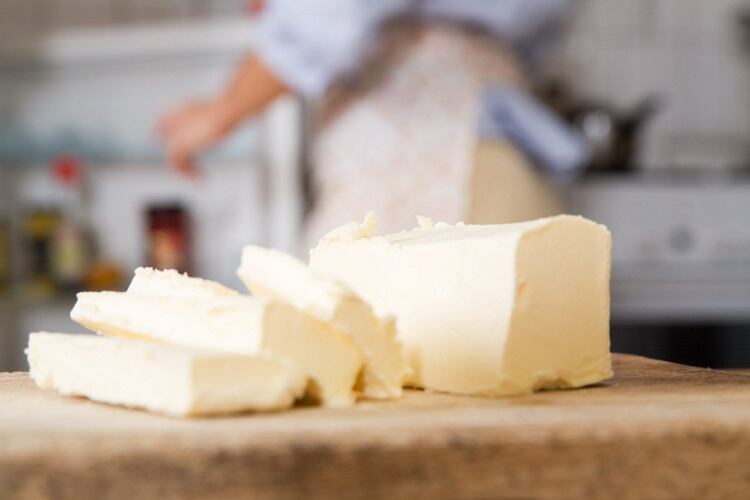
While in favor of the EU Deforestation Regulation (EUDR), Gary Lewis, president of the UK’s National Edible Oils Association (NEOA) and sales director of edible oils supplier KTC Edibles - which recently snapped up Cardowan Creameries - believes the timing is of great concern.
“The impact of doing this [within the current timeline] could backfire,” he tells Bakery&Snacks.
“There’s lots of good people in the industry saying palm can be sourced sustainably and buying it segregated will support the whole supply chain.
“But the world’s a big place and there are lots of developing countries like China and India [with priorities] to feed their people. We’ve got to balance out the rising population and feeding people, as well as making sure we’re doing the right thing. And making sure the smallholders – the important people in the supply chain – will be totally covered. I’m not sure they will be, initially. It may just take time to bring that into play.”
What is the EU Deforestation Regulation?
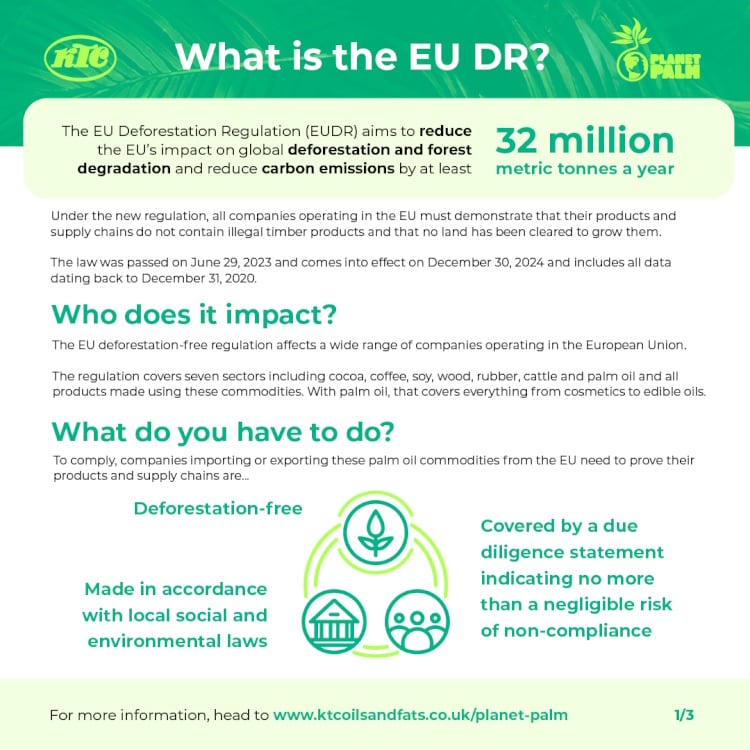
On June 29, 2023, the European Union’s regulation to curb the EU market’s impact on global deforestation and forest degradation came into force.
By promoting the consumption of ‘deforestation-free’ products, Regulation (EU) 2023/1115 is expected to reduce degradation by 71.92 kha (approximately 100,728 football pitches) of forest per year and bring down CO2 emissions by 31.9 million metric tons per year.
The EUDR covers seven commodities – namely oil palm, soya, cocoa, coffee, cattle, rubber and wood – as well as its many derived products, such as palm nuts, palm oil derivatives, soy-bean flour, chocolate and so forth. Operators must be able to demonstrate that no land has been cleared to grow these commodities.
For food producers, this means they will only be allowed to sell products in the EU if the supplier of the underlying ingredient/s has issued a so-called due diligence statement confirming its commodities do not come from deforested land or have led to forest degradation since December 31, 2020.
Large companies (users of 50m tons of palm oil per year or with a +£50m turnover) have until December 30, 2024, to comply with the rules. Smaller businesses get an extra six months (to June 30, 2025). Penalties for non-compliance will be ‘proportionate and dissuasive’, with the maximum fine touted to be at least 4% of the total annual turnover in the EU.
This far-reaching directive has huge implications for the bakery sector, where palm is widely used for its functional properties, including texturizing, shortening, foam stabilization and mouthfeel. It’s also a highly cost-effective ingredient.
EU deforestation law raises concerns

There are concerns the EUDR may stigmatise countries by labelling them as ‘risky’ sources. There’s also a worry the cost of implementing track-and-trace measures could fall onto the shoulders of those at the end of the chain who can ill afford it. The law has also attracted criticism from some of the biggest palm oil producers as a deliberate attempt to increase costs and barriers.
“This is a hot topic,” says Lewis.
“Lots of businesses are now coming to the reality of what it means and its complexity …”
He explains, “It’s now come to a head because it actually came into law.
“It started in June 2023, with a lead up time to become law by December 2024. So from January 1 next year, it will be law for producers who bring in these commodities to notify where it’s coming from.
“The initial EUDR will cover cattle – beef and leather – cocoa, coffee, palm oil, soya, rubber and wood and and that will extend as we go along. There’s a cutoff date for any deforestation that goes back to December 31, 2020, so anything post that date is what they’re interested in.
“It will affect any companies importing those commodities into the EU. There’s a code of practice in terms of what we need to do: telling everyone the geolocation coordinates of all the plots of the land where the commodities are grown; the risk of deforestation relating to the production of that commodity; what steps have been taken to eliminate the risk; what’s practical in terms of that; and obviously, a due diligence statement for each product.
“So, as you can imagine, there’s quite a lot of thorough work to be done.”
While fully supportive of the initiative and noting the industry has gone a long way in moving towards a fully segregated RSPO supply chain, Lewis is concerned the directive cuts out the people who are “just trying to make a decent living.
“Forty percent of [Malaysia and Indonesia’s] supply chains is actually made up smallholders. These are the small farmers who are trying to make a living and they don’t necessarily have the infrastructure or the technology to provide the information the EU needs.
“They are the two largest producers of palm oil and have done a lot to address the concerns of the industry. But they can do more. The EU law will help, but it’s a question whether it will achieve the right goal?”
The complexities of due diligence are just that, incredibly complex.
“The EU now has, for a couple of years, been trying to look at ways in forcing that and putting some measures in place,” Lewis tells us.
“For the past two years, it's been working on the deforestation regulation purely because it needs some way of measuring. It needs to put a scope in where people have to comply with the law or face penalties, possibly banning products.
“If I was cynical … is to put on a date of December 31, 2020. Most of the deforestation was done prior to that event. In the past 10 years, there’s been massive progression in terms of that scope, but there’s a concern whether the industry is ready. There’s a lot of work to do to ensure everybody can comply with the Act or get access to that information.”
This involves ensuring suppliers are bringing in ingredients from areas previously slated.
“It’s their due diligence to tell me where it’s grown – that plot of palm from this area in Indonesia, Malaysia, Papua New Guinea or Colombia – and prove to me it comes from that area. Once we check that information, we have to record it and say we’ve done our due diligence. As you can imagine, if every single supplier, every single manufacturer has to do that, it’s a significant amount of work that has to be done.”
Currently, bakery manufacturers that purchase 500+ tons of palm oil or have a £50m turnover will have to comply or do due diligence. Smaller companies will initially be exempt. However, while the larger companies “are very much on it”, Lewis doesn’t believe everyone really understand what is involved.
“What does it mean? Who’s responsible? Only 10 months away, this is going to be law and given the timeframe and all the hard work we have to get in before the end of the year …
“Obviously, the EU Parliament is very adamant about it coming into place. But we have to be practical and know that on January 1, 2025, we will have food products on the shelf. That’s the reality. If anything, the Ukrainian war situation has highlighted that people not having product is the worst thing – so rather than going on [unabated, perhaps] take a bit more time and go through the right processes.”
What does the UK deforestation mean?

“We could end up with a possible audit or an extension of our existing RSPO audit,” says Lewis.
“At the moment, lots of people like KTC are ordered every year to make sure we’re compliant and we’re meeting all the standards. It could be an extension of that or it could be another process. I don’t think it will be a detailed database because they’ve become quite unwieldy. My understanding is the UK Government will appoint somebody who’s going to be an arbitrator [who will] check our audit records to make sure we have a certificate. Have we been audited? Do we comply? Do we meet the regulations? Big bakers obviously will have to go through their own because obviously they’re of a certain size and are used to being audited every year.”
According to Lewis, the UK Government has been slower than the EU in implementing a deforestation regulation.
“The UK government is only just starting to publish, so we’re not 100% clear about the process. We know it will mirror the EU to some degree but not entirely.”
But it won’t pay to “duplicate the hard work that’s been done [in the EU] – or the costs. Obviously, compliance equals cost in many cases.”
We asked if these cost fall onto the shoulders of consumers?
Explains Lewis, “If you look at the whole principle of the deforestation law – whether it’s the UK or EU – we will become a premium destination for segregated sustainable products.
“Up to even now, there’s very much a split between what we call mass balance and what we call segregated supply chains. Mass balance means somewhere in the supply chain is segregated product that has been mixed … that doesn’t mean it’s not traceable, because it can be traceable.
“This just seems to be a very difficult process, purely because by default, from January 1, 2025, all the supply chain will be 100% segregated and while that is great news, I think it takes out choice.
Biodiesel and energy production
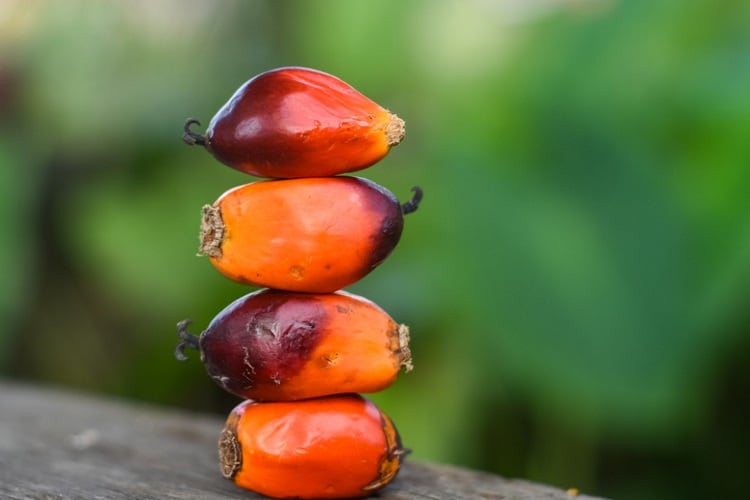
“There’s a bigger impact to come,” contends Lewis.
“The EU currently buys significant amount of palm [from Indonesia and Malaysia] that goes into energy production for biodiesel and energy production because it’s a sustainable source and yield is significantly higher (10 times more than rapeseed and sunflower). The EU has already told them they will wind down the use of palm in burning products.”
He adds, “People will think that’s great because those millions of tons that go into burning or buying diesel will move into food, but that probably [won’t be] the case. Unfortunately, what it means is the EU will buy less.
“It may show consumers there’s more due diligence. We’re obviously trying to work on a total solution where our vehicles are powered sustainably, but the cost of living crisis is highlighting this issue. My concern is that by narrowing the supply chain, there’s a possibility of it becoming inflationary and causing concern for the whole market, really because of these extra controls and the tight supply chain.
Ultimately, Lewis is “in favor of the principle. I think the timing is of concern … the preparation to make sure people concerned are prepared and ready for it.”
Planet palm

KTC has been leading the way on sustainable palm oil.
“I was a little bit dismayed about the [practice] of my colleagues on the continent to not mention the world palm … because they're too scared of being out and proud [about palm].”
Enter Planet Palm, designed to challenge negative misconceptions.
The range is certified sustainable, traceable and responsibly sourced, and specifically designed for bakery and food manufacturers in the UK.
“We’ve done a lot of work with the Chester Zoo and other environmentalists who work with the Orangutang Trust who are basically advocating the use of palm – not moving away – because it just causes problems elsewhere.
“So, Planet Palm is an unashamed way to say, look, it’s palm on the box.”
KTC will be rolling out the concept to a number of other applications, such as frying oils and specialist applications “to give people choice,” ends Lewis.


